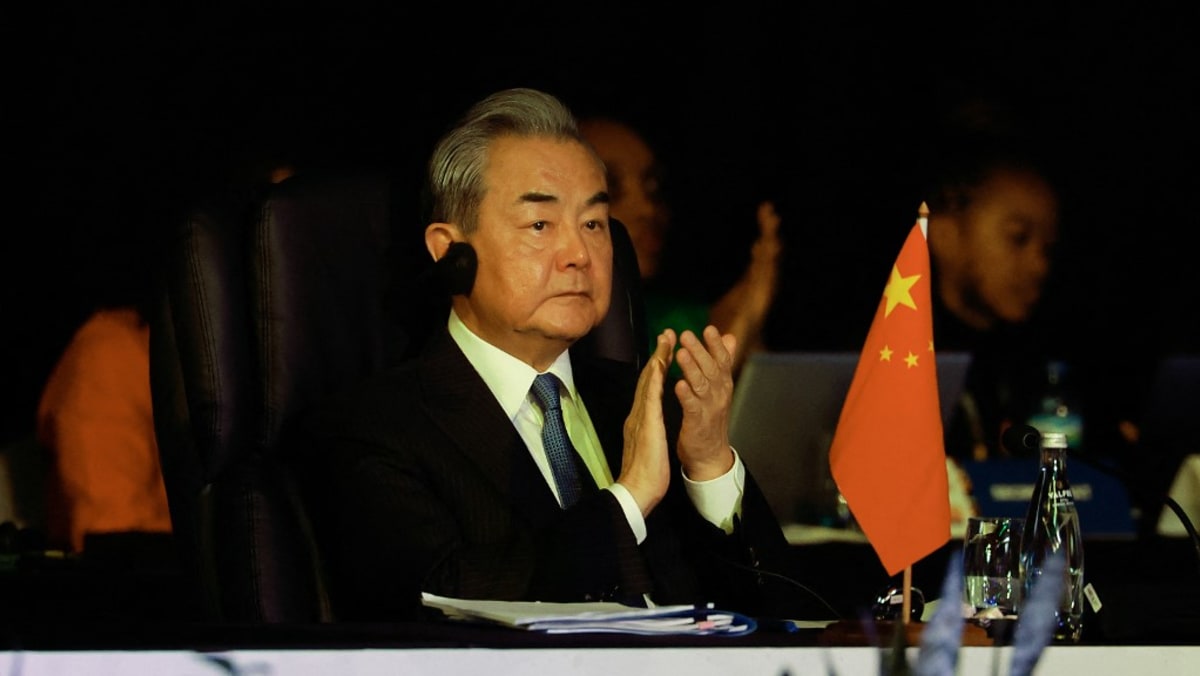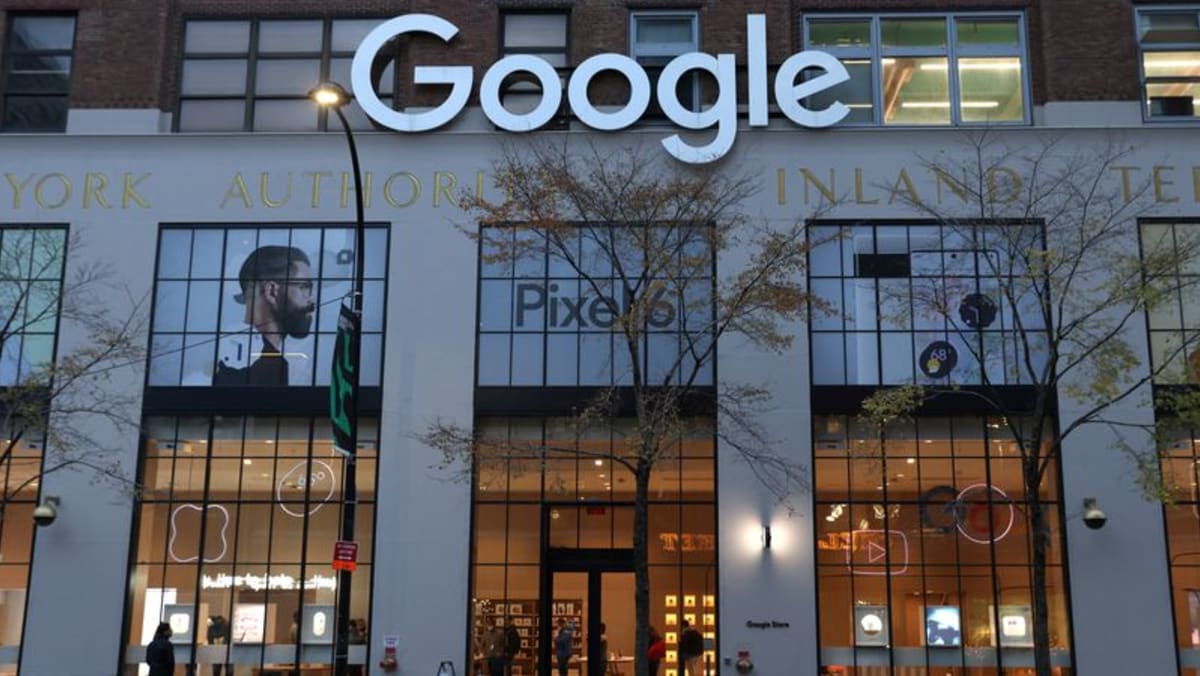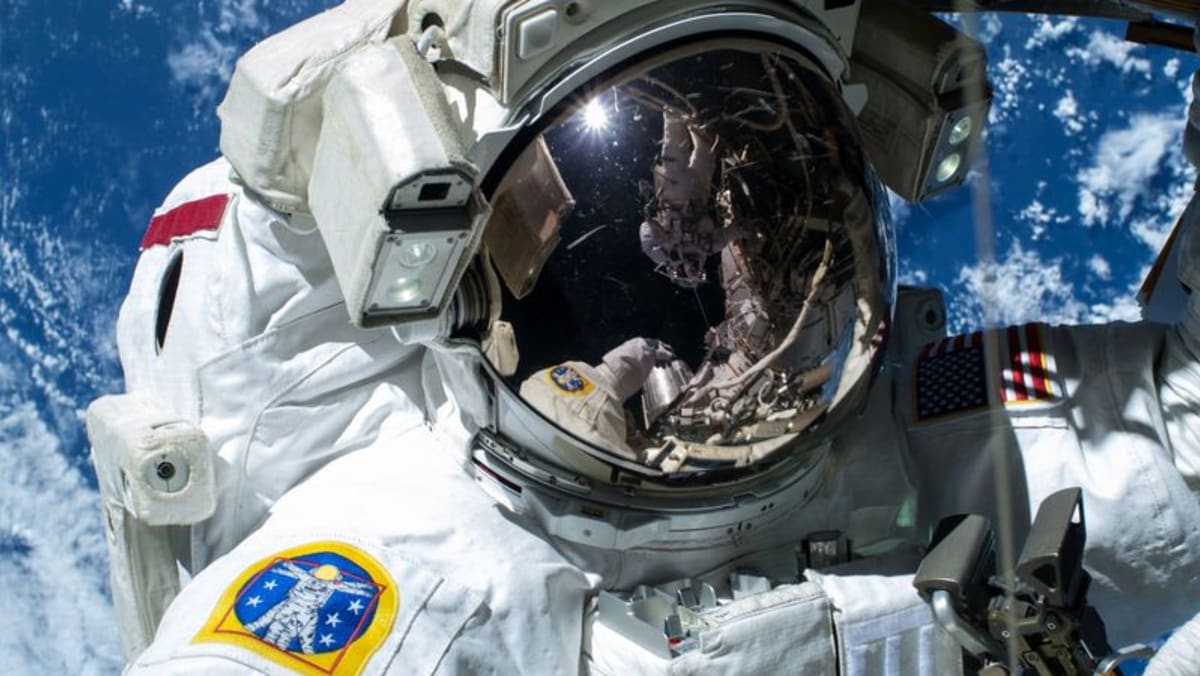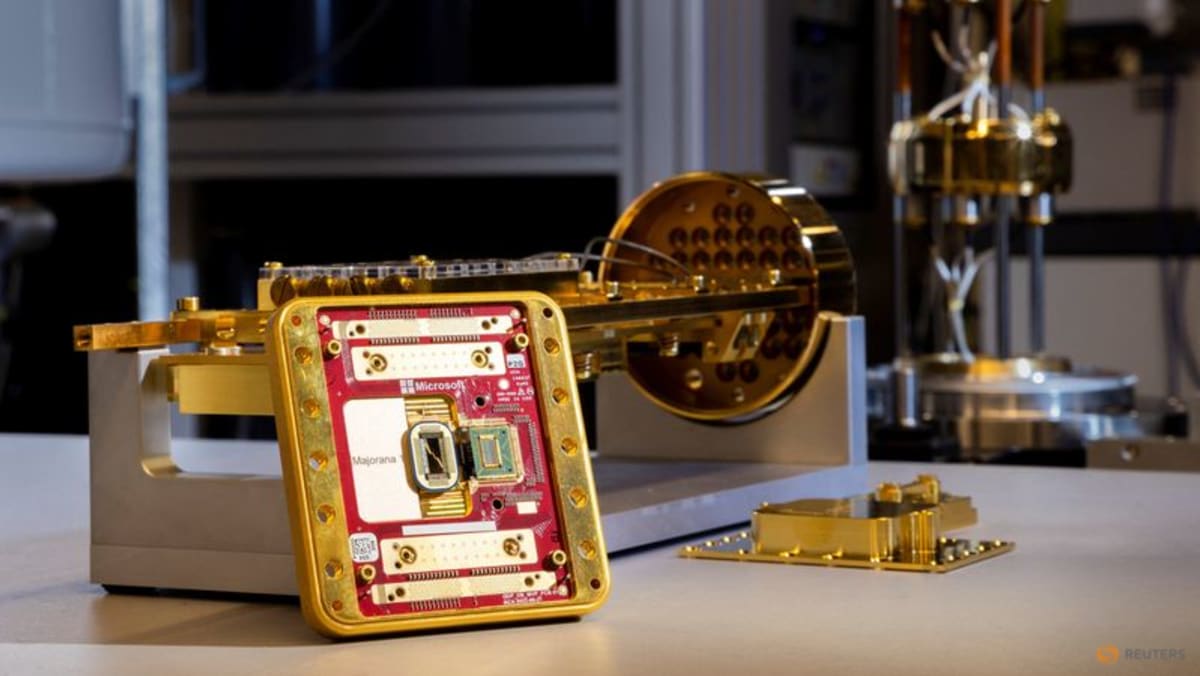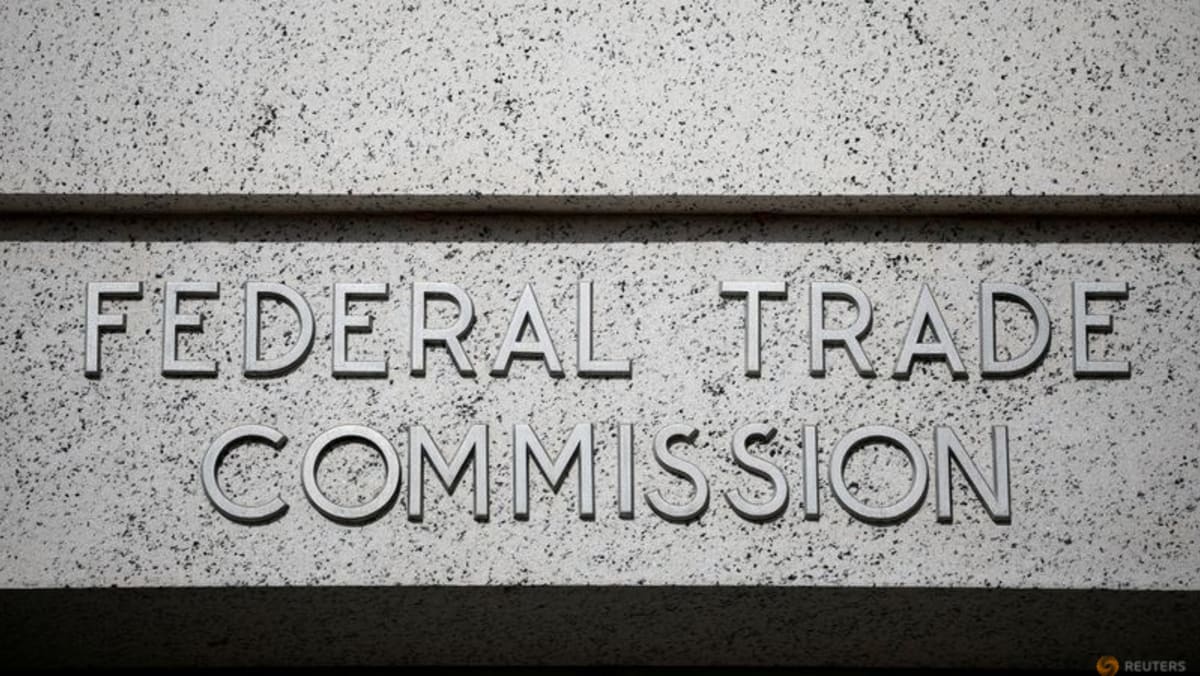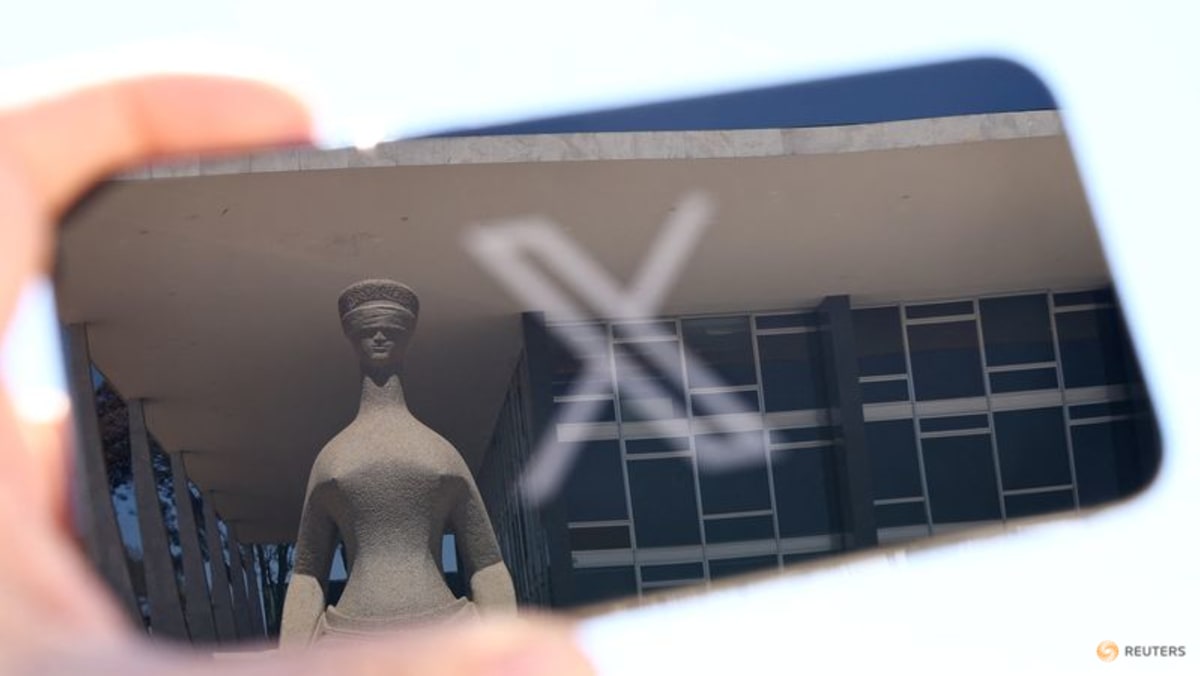LONDON : Google has developed an AI tool to act as a virtual collaborator for biomedical scientists, the U.S. blue chip said on Wednesday.
The new tool, tested by scientists at Stanford University in the U.S. and Imperial College London, uses advanced reasoning to help scientists synthesize vast amounts of literature and generate novel hypotheses, the company said.
AI is being increasingly deployed in the workplace, from answering calls to carrying out legal research, following the success of ChatGPT and similar models over the past year.
Google’s AI unit, DeepMind, has made science a priority, and DeepMind boss Demis Hassabis was a co-recipient of a Nobel Prize in Chemistry last year for technology developed in the AI unit.
In an experiment on liver fibrosis, Google said all the approaches suggested by its new AI co-scientist showed promising activity and potential to inhibit causes of disease.
It showed the capacity to improve solutions generated by experts over time, Google added.
“While this is a preliminary finding requiring further validation, it suggests a promising avenue for capable AI systems… to augment and accelerate the work of expert scientists,” it said.
The scientists who worked on the project said it would complement rather than replace researchers.
“We expect that it will… increase, rather than decrease scientific collaboration,” Google scientist Vivek Natarajan said.

